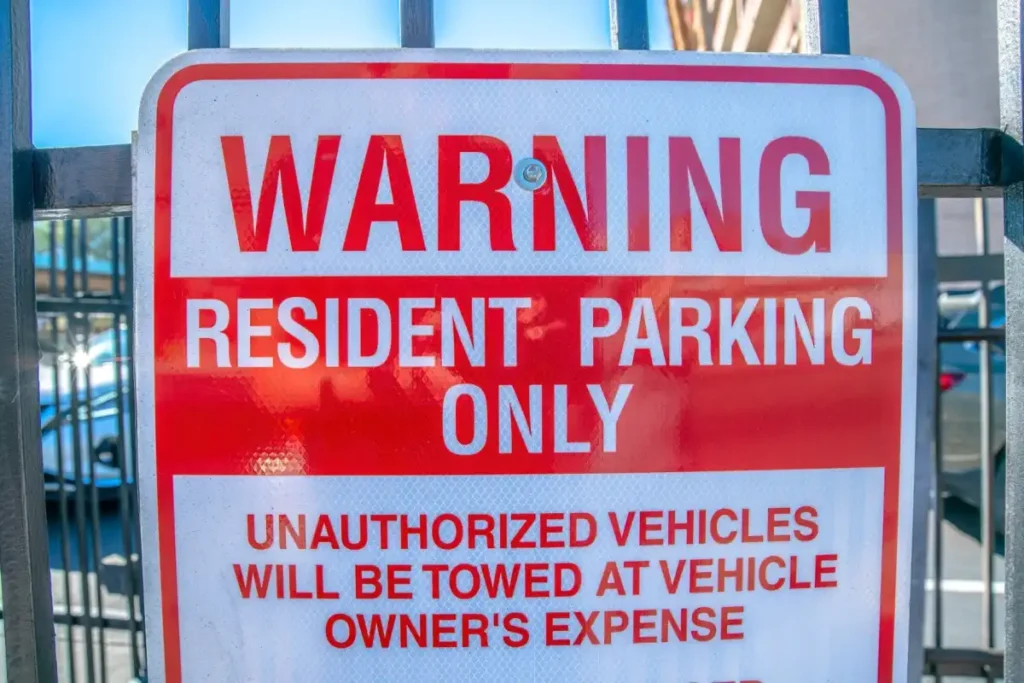Parking your car seems simple enough, but navigating the rules and regulations can be a minefield. A seemingly harmless parking mistake could lead to your vehicle being towed away, leaving you stranded and facing hefty fees. This article aims to equip you with the knowledge needed to park confidently and avoid the dreaded tow truck. We’ll delve into the intricacies of parking regulations, time limits, restricted zones, private property rules, and warning notices, empowering you to keep your car safe and sound.
Parking Regulations
Understanding local parking regulations is paramount to preventing unwanted towing. Every city or town has its own set of rules governing where you can and cannot park. These regulations are often displayed through signage, which may indicate time limits, permit requirements, or restricted areas. Familiarize yourself with these signs before parking your vehicle. Pay close attention to the wording and symbols used, as they provide crucial information about permissible parking durations and any specific conditions.
Beyond signage, local government websites or transportation departments usually offer comprehensive details on parking regulations. These resources often include maps highlighting designated parking zones, permit application procedures, and frequently asked questions regarding parking enforcement. Take advantage of these readily available resources to ensure you’re fully informed about the rules governing your area. Remember, ignorance of the law is not a valid excuse for violating parking regulations.
Time Limits and Permits

Many parking spaces have designated time limits, restricting how long a vehicle can be parked in a particular spot. These limits are typically enforced through signage indicating the maximum allowable parking duration, often measured in hours or minutes. Exceeding these time limits can result in a parking ticket or, more seriously, towing.
In some areas, specific permits may be required for certain types of vehicles or parking zones. This could include residential parking permits, business permits, or disabled parking permits. Ensure you possess the necessary permit if required and display it prominently on your dashboard or rearview mirror as instructed. Failure to obtain or display a valid permit can lead to towing, even if you are parked within designated time limits.
Restricted Zones
Certain areas are strictly off-limits for parking due to safety concerns, accessibility needs, or operational requirements. These restricted zones are typically marked with clear signage indicating the prohibition on parking. Examples of restricted zones include fire lanes, loading zones, bus stops, and handicapped parking spaces. Parking in these areas can obstruct emergency access, hinder essential services, or violate accessibility regulations.
Always heed warning signs and avoid parking in restricted zones. Doing so not only risks towing but also potentially jeopardizes the safety of yourself and others. Remember, respecting designated areas ensures smooth traffic flow, facilitates emergency response, and promotes a safe and accessible environment for everyone.
Private Property Parking

Parking on private property without explicit permission from the owner is generally prohibited. This includes parking lots, driveways, or any land not designated as public parking. Unauthorized parking on private property can result in towing, fines, or even legal action.
Before parking your vehicle on private property, always seek clear consent from the owner or manager. Look for signage indicating parking restrictions or inquire about permissible parking areas. Respecting private property boundaries ensures harmonious coexistence and prevents potential conflicts with property owners.
Warning Notices
If you receive a warning notice regarding your parked vehicle, it’s crucial to address the issue promptly. These notices often serve as a final reminder before towing action is taken. Carefully review the notice for details about the violation, any required actions, and the timeframe for compliance.
Ignoring a warning notice can lead to your car being towed away, resulting in significant expenses and inconvenience. Take immediate steps to rectify the parking violation, such as moving your vehicle to a legal spot or obtaining the necessary permits. By promptly addressing warning notices, you can avoid the hassle and costs associated with towing.
Conclusion
Parking regulations may seem complex, but understanding them is essential for avoiding unwanted towing. By familiarizing yourself with local rules, time limits, restricted zones, private property guidelines, and responding to warning notices promptly, you can park confidently and keep your vehicle safe. Remember, responsible parking not only protects your car but also contributes to a safer and more efficient transportation system for everyone.



